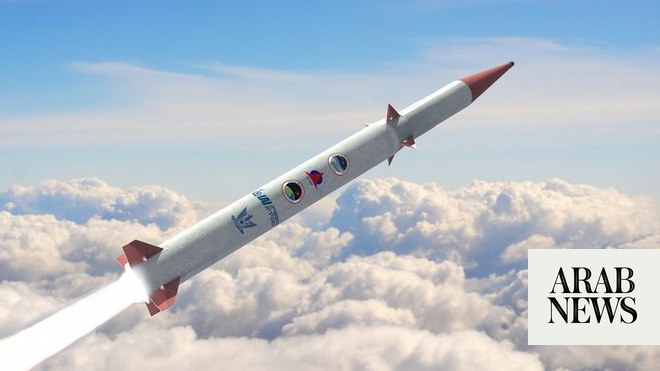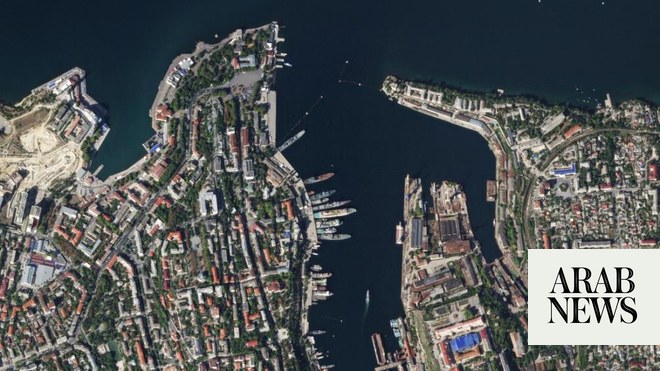
Moscow announced on Monday it would supply Damascus with modern S-300 missile defense systems, signaling a new round of crisis between Russia and Israel.
Russian President Vladimir Putin defended Moscow’s move during a telephone call with Israeli Prime Minister Benjamin Netanyahu, saying the Russian move was “aimed primarily at fending off any potential threat to the lives of Russian servicemen,” according to the Kremlin.”
The announcement of the S-300 delivery came one day after Russia accused Israel of “criminal negligence” in dealing with Moscow, and one week after the Syrian regime accidentally shot down a Russian military plane, killing more than a dozen people. Later, the Israeli military denied the accounts.
On Monday, Russian Defense Minister Sergei Shoigu said the S-300 systems would be delivered to Damascus within two weeks. He said Russia is now going to go ahead with the shipment because “the situation has changed, and it’s not our fault.”
The Minister also said his country would equip Syrian air defenses with a new automated control system to enhance its efficiency and help identify Russian aircraft.
“We are convinced that these measures will calm down some hotheads and keep them from careless actions which pose a threat to our troops,” Shoigu said.
Practically, the delivery of the S-300 means that Russia has decided to shut the Syrian air traffic in the face of Israeli planes.
A decision to hand over the S-300 missile defense systems was taken in 2010. However, Russia never delivered them due to Israel’s continuous rejection, as Tel Aviv feared Syria could use them against it.
After Netanyahu called Putin Monday, his office said the Israeli prime minister “stressed once again that the responsibility for the unfortunate incident lay on the Syrian army that shot it down and on Iran, whose aggression is destabilizing the region.”
Referring to the S-300, the Prime Minister was quoted as telling Putin that “transferring advanced weapons to irresponsible hands will increase the dangers in the region.”
For his part, US national security adviser John Bolton said the delivery of the Russian S-300 would be a “significant escalation.”
Speaking at a press conference on the margins of the UN General Assembly in New York, the advisor announced that more than 2,000 US troops stationed in Syria would remain in the war-ravaged country “as long as Iranian troops are outside Iranian borders.”












